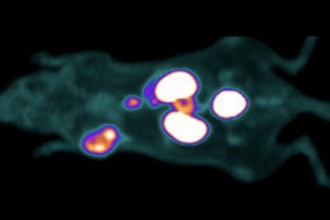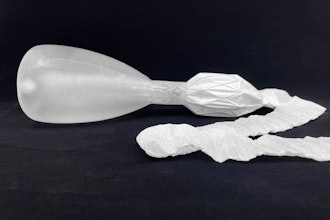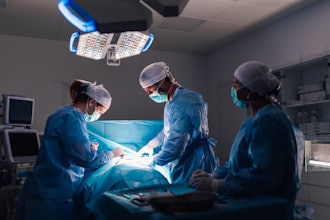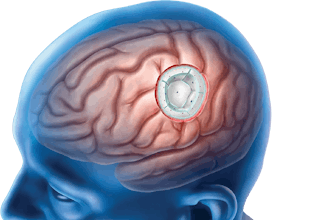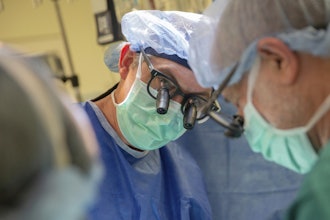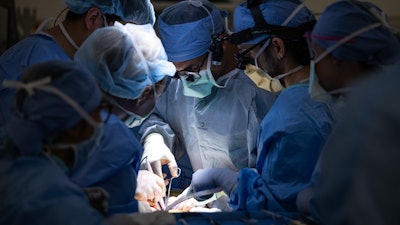
Surgeons from UCLA Health and Keck Medicine of USC have performed the world’s first-in-human bladder transplant.
The surgery was successfully completed at Ronald Reagan UCLA Medical Center on May 4, 2025. It was a joint effort by Dr. Nima Nassiri, a urologic transplant surgeon and director of the UCLA Vascularized Composite Bladder Allograft Transplant Program, and Dr. Inderbir Gill, founding executive director of USC Urology.
Dr. Nassiri said, “This first attempt at bladder transplantation has been over four years in the making. For the appropriately selected patient, it is exciting to be able to offer a new potential option.”
The patient had lost most of his bladder during a tumor removal, leaving the remainder too small and compromised to work. Both of his kidneys were also subsequently removed due to renal cancer in the setting of pre-existing end-stage kidney disease. As a result, he was on dialysis for seven years.
The biggest risks of organ transplantation are the body’s potential rejection of the organ and side-effects caused by the mandatory immune suppressing drugs given to prevent organ rejection.
Nassiri and Gill collaborated for several years to develop the surgical technique. Numerous pre-clinical procedures were performed at USC and OneLegacy, Southern California’s organ procurement organization, to prepare for the first human bladder transplant.
The recovery of the kidney and bladder from the donor was performed at OneLegacy. All parts of the procedure, including surgery and post-surgical monitoring during the transplantation, were aligned with the highest current clinical and research standards.
During the complex procedure, the surgeons transplanted the donated kidney, following that with the bladder. The new kidney was then connected to the new bladder using the technique that Nassiri and Gill pioneered. The entire procedure lasted approximately eight hours.
As a first-in-human attempt, there are naturally many unknowns associated with the procedure, such as how well the transplanted bladder will function immediately and over time, and how much immunosuppression will ultimately be needed.
Bladder transplants have not been done previously, in part because of the complicated vascular structure of the pelvic area and the technical complexity of the procedure. As part of the research and development stage, Nassiri and Gill successfully completed numerous practice transplantation surgeries at Keck Medical Center of USC, including the first-ever robotic bladder retrievals and successful robotic transplantations in five recently deceased donors with cardiac function maintained on ventilator support.









